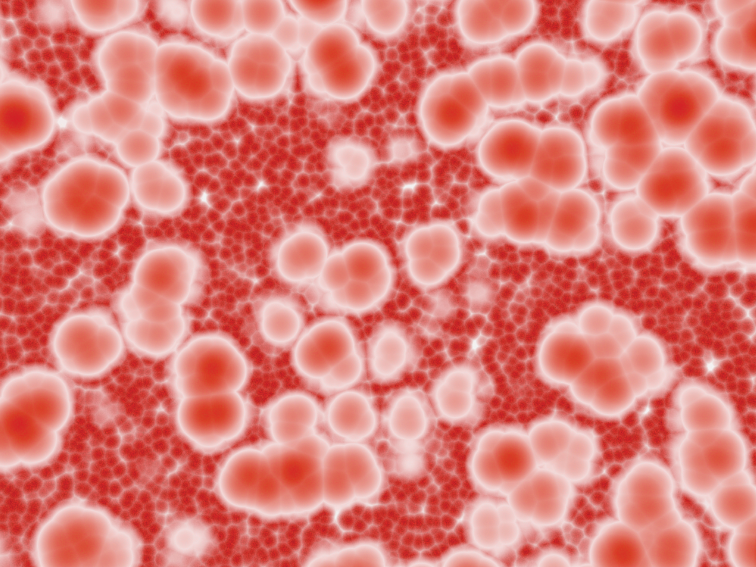Written by Professor Lucia Altucci, Seconda Università degli Studi di Napoli
European teams discovered unprecedented news on the epigenetic control on the immune system. Three recently published studies provide exciting biomedical-oriented advances on the epigenetic mechanisms regulating the immune function and, contextually, represent the step forward for the potential exploitation of the immune function to fight diseases in humans. All the three studies are a result of the Blueprint, the high-impact European consortium, which aims at deciphering and mining epigenomes of blood cells (www.blueprint-epigenome.eu).
 For the first time, one study identifies that different epigenetic programs execute immune tolerance and trained immunity classifying novel pathways that control these processes. In sepsis, monocytes and macrophages undergo a period of ‘tolerance’ in which the cells react less efficiently to pathogens and the host is more disposed to infections. In contrast, upon other types of infections, monocytes and macrophages react strongly to pathogens, a process termed “trained immunity”. In simple words, this represents the ‘memory’ of innate immunity (Sadia Saeed et al Science 26 September 2014: Vol. 345 no. 6204 DOI: 10.1126/science.1251086).
For the first time, one study identifies that different epigenetic programs execute immune tolerance and trained immunity classifying novel pathways that control these processes. In sepsis, monocytes and macrophages undergo a period of ‘tolerance’ in which the cells react less efficiently to pathogens and the host is more disposed to infections. In contrast, upon other types of infections, monocytes and macrophages react strongly to pathogens, a process termed “trained immunity”. In simple words, this represents the ‘memory’ of innate immunity (Sadia Saeed et al Science 26 September 2014: Vol. 345 no. 6204 DOI: 10.1126/science.1251086).
The novelty for innate immune memory is that cells undergoing trained immunity shift their metabolism: monocyte metabolism changes from using glucose by oxidative phosphorylation to glycolysis. This smart way permits monocytes and macrophages to get energy enough for an increased activity (Shih-Chin Cheng et al. Science 26 September 2014: Vol. 345 no. 6204 DOI: 10.1126/science.1250684).
Finally, the third report analyses the processes controlling the formation of different blood cells. A comprehensive catalogue of transcription factors and other proteins that regulate this sophisticated process has been generated (Lu Chen et al Science 26 September 2014: Vol. 345 no. 6204 DOI: 10.1126/science.1251033).
All these results provide the first resource recognizing the epigenetic changes that underlie innate immunity and may have unique implications for understanding and modifying the immune system to fight disease.
Sam Rose
Latest posts by Sam Rose (see all)
- Raising funds for genetic diseases - 23rd September 2016
- The Epigenetics and Chromatin Clinic - 9th November 2015
- Resurrecting one of the oldest genetics journals - 23rd October 2015
Comments